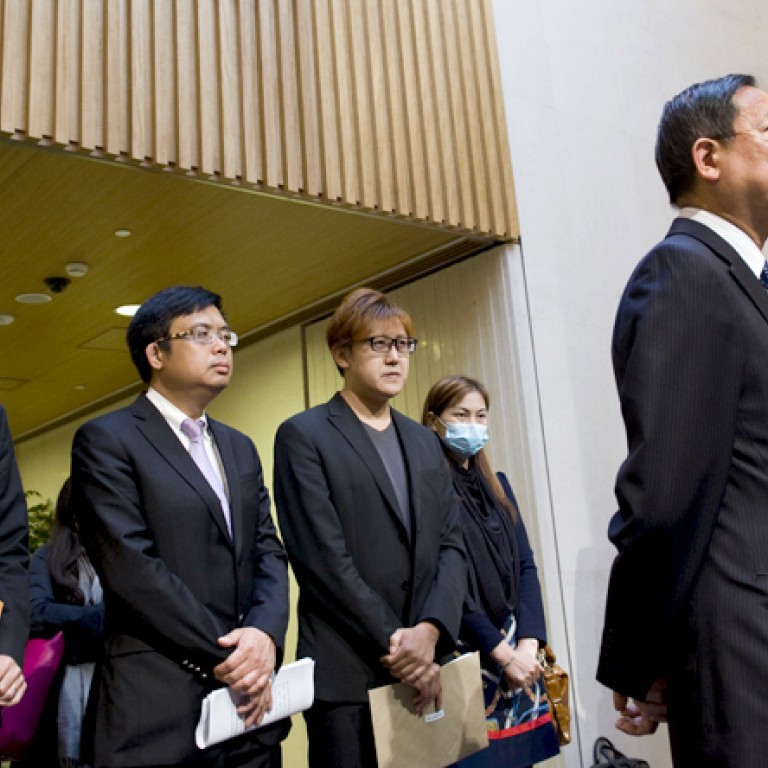
After an apology of sorts from Manila, it's time to move on
Time heals all wounds, goes the old saying. But for those who lost loved ones in the Manila tour bus hostage tragedy in 2010, it takes more to bring the case to an end.
Time heals all wounds, goes the old saying. But for those who lost loved ones in the Manila tour bus hostage tragedy in 2010, it takes more to bring the case to an end. For nearly four years, survivors and the victims' relatives have been fighting for redress, only to be cold-shouldered by those concerned with indifference and diplomatic red tape. While their pain and grievances are shared by the community, their ordeal is not something we could possibly claim to understand.
With the fourth anniversary of the incident just four months away, there is, finally, a breakthrough. Speaking after closed-door talks with Philippine officials yesterday, the chief executive said the demands for an apology, compensation, punishment and tourism safety measures had been settled. Belated as it is, the settlement is to be welcomed. It comprises compensation for the victims, a raft of measures to enhance tourist safety and an account of the sanctions against those responsible for the botched rescue bid. The efforts in resolving a matter so close to the hearts of many in Hong Kong are to be commended.
The "most sorrowful regret" expressed by the Philippine government in the joint statement still falls short of a formal apology demanded by the victims. But as one of the relatives said, the Philippine representatives did apologise verbally during yesterday's meeting. In light of the multi-level responses from the Philippine government, the Manila city council and the local police authority, the survivors and families have, rightly, accepted a compromise that allows for the case to be laid to rest.
In response, the Hong Kong government has dropped the diplomatic sanctions imposed in February, and lowered the outbound travel warning to the Philippines from black to amber. These are the right steps to take. Given the city's close economic ties with the Philippines, in particular tourism and the tens of thousands of domestic helpers working here, it is in the interests of both sides to close the chapter.
Seeking redress can be tiring, as testified by the past three years and eight months spent in pursuing justice for those who died, were injured or suffered. The settlement cannot bring back the loss of eight innocent lives; but it helps heal the wounds inflicted by the tragedy, which is still very much part of Hong Kong's memory today. The outcome is as much a relief for the survivors and relatives as for the community. It is time to move on.

